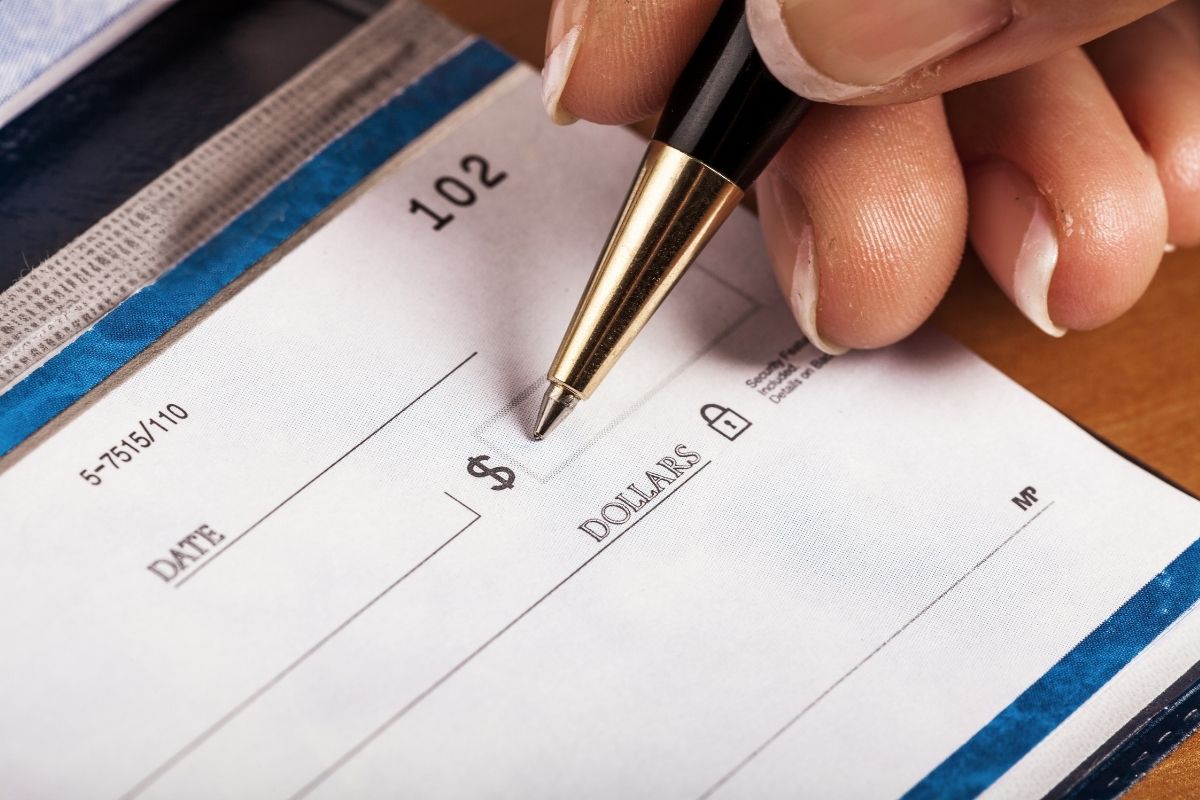What are the five types of bank accounts?

There are several types of bank accounts, each with its pros and cons. Some banks offer free checking accounts, while others charge fees for certain services.
If you want to open a new account or switch from one type of account to another, you’ll need to consider your financial situation and goals.
There are five main common types of bank accounts: Checking, Savings, Money Market, CD/Savings, and IRA. Each has its benefits and drawbacks. Read on to learn more about these accounts.
Savings Accounts
Basic savings accounts are an easy way to save money. You can deposit as much or as little as you like, but there are sometimes limits on withdrawals.
Many banks also have minimum balance requirements that must be met before they will allow withdrawals. In addition to interest payments, some banks may pay dividends at times.
People of all ages can use savings accounts, and they are great for establishing long-term relationships with banks.
This comes in handy when you want to buy a car or a home. You can also open a high-yield savings account, where some online banks offer anywhere between 0.40% and 0.50% APY.
Advantages: Easy to Open; Low Fees; Low Minimums; Safe Place to Save Your Cash
Disadvantages: Minimum initial deposit might be quite high, and you could miss out on the convenience of a debit card
Money Market Accounts
If you’re looking for a place to park cash that earns interest, then a money market account might be right up your alley.
These accounts generally earn higher rates than other savings accounts, and many people use them to build an emergency fund.
They typically require a $1,000 minimum deposit, although some banks do offer lower minimums.
Banks use the funds in these accounts to invest in Certificate of Deposit, government bonds, and other low-risk investments. The higher the interest rate on the account, is the share of the returns on investment.
These accounts are not usually long-term investments and are much better for saving for a big purchase in the future or for emergency funds.
Advantages: Higher Rates Than Other Savings Accounts; Great For Building Emergency Fund; Can Get a Debit Card and Personal Check
Disadvantages: Sometimes Requires A Minimum Deposit Of $1000; No Access To Account During Period Of Penalties; May Require Annual Fee; Limited Withdrawals
CD (Certificates Of Deposit)/Savings
A certificate of deposit (CD) is a long-term investment that offers fixed returns. CDs come in various lengths of time, ranging from 3 months to 10 years.
Typically, CDs are used to provide short-term financing for home improvements, college tuition, car repairs, etc. Because they are considered safe investments, CDs are also often used by retirees as part of their retirement plans.
They have a fixed interest rate and a present date of withdrawal, and this is called the maturity date. If you withdraw before this, you might have to pay a penalty.
Advantages – Long Term Investments; Provides Fixed Returns; Can Be Used As Collateral For Loan; Higher Interest Rates; Usually No Fees
Disadvantages – Must Repay Within Specified Time Frame; Usually Only Available From Banks; Withdrawing Money Early Could Cost You
IRA/Retirement Accounts
An Individual Retirement Account (IRA) is designed specifically for retirement planning. Unlike traditional IRAs, Roth IRAs allow investors to contribute after-tax dollars.
This means that when you make contributions, you aren’t taxed on those earnings. Instead, the government taxes any distributions made from your account only once — when you take out the money.
As an example, if you start saving at age 20, and you paid $5,000 a year to a Roth IRA, the investments could grow by an average of 8% each year. This means your savings would reach more than $2 million by 65 years old.
A Roth IRA does have limits on how much you can earn to be eligible to open an account,t and you will pay steep penalties if you withdraw any funds before you retire.
Advantages – Tax-Deductible Contributions; Allows After-Tax Contribution; Earns Income While You Invest; Sizable Income Tucked Away For Retirement
Disadvantages – Cannot Make Direct Withdrawal; Limited Investment Options; Need to Keep Track of Bank and Account Rules; Not all Money in Roth IRA’s is Federally Insured
Checking Accounts

A traditional checking account is simply a type of savings account where you can write checks against your available balance. Most checking accounts include free check printing services.
Some banks even let you set up automatic bill payments so that you never need to worry about paying bills.
Checking accounts are great for everyday spending and everyday banking because you can easily access your funds whenever you want.
You could also open a high-yield checking account and put your excess cash into this account.
High-yield checking accounts pay more than standard checking accounts, but they have higher fees and a lot of accounts don’t necessarily have impressive APYs.
If you’re trying to save money, it’s best to stick with a bank that doesn’t charge extra fees.
Advantages– Free Check Printing Services; Automatic Bill Payment; Easy Access To Funds
Disadvantages – No Guarantee That Money Will Grow In Account; Sometimes No Interest Paid On Balance Held Over 6 Months
Which Bank Account Is Right for Me?
The first thing you should do is determine what kind of banking service you require.
You need to work out if you only want an account for everyday spending such as a checking account, or if you want to invest in your retirement, or you simply want to build up some savings in a savings account.
You can open more than one of these accounts at one time, so if you want to save and spend at the same time, you can.
Moreover, all the accounts above are federally insured by the FDIC for up to $250,000 unless otherwise noted.
Final Thoughts
We hope you have learned all about the different types of accounts banks can offer you and what each account can do in terms of reaching your savings goals, helping you budget, save for retirement, and minimize fees.
Most banks and credit unions offer all these types of accounts, and we strongly consider you evaluate your finances before opening any in your name.
Whatever accounts you use, always remember to budget and spend wisely!
Financial Disclaimer
This post contains sponsored advertising content. This content is for informational purposes only and not intended to be investing advice.
The investing information provided on this page is for educational purposes only. compundingstacks.com does not offer advisory or brokerage services, nor does it recommend or advise investors to buy or sell particular stocks or securities.
The owner(s) of this blog is compensated to provide opinion on products, services, websites, and other topics. The owner(s) may be compensated if you click on a provided link and purchase or sign up for a service. Any product claim or advice about a product or service should be verified with the manufacturer, provider, or party in question. Copyright Compounding Stacks © 2022
- Is Coinbase Safe For Beginners? - March 25, 2022
- Are Penny Stocks Good For Beginners? - March 25, 2022
- Why You Shouldn’t Save Your Money In A Bank? - March 25, 2022

